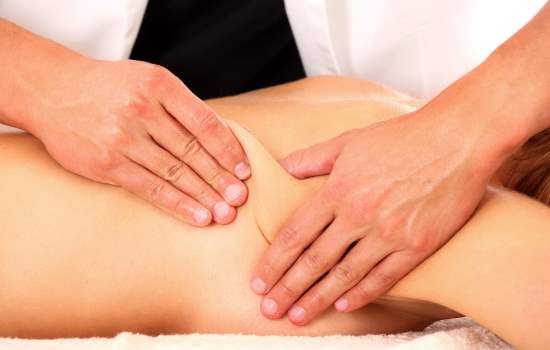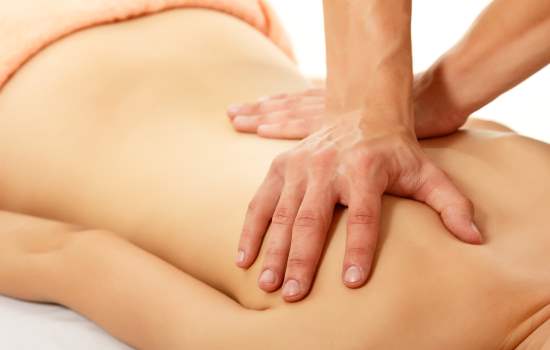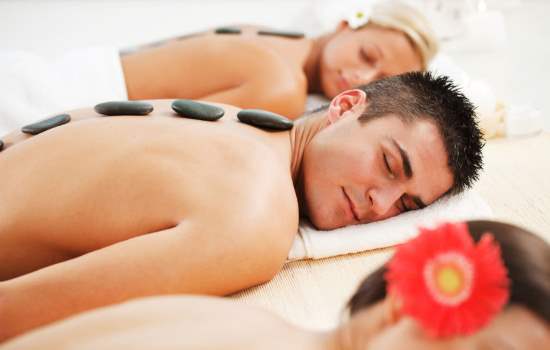1Where Will My Session Take Place?
Your session will take place in a warm, comfortable, quiet room. Soft music may be played to help you relax. You
will lie on a heated table especially designed for your comfort. Click here for directions.
2When Should I Arrive?
For your first session, please arrive 10-15 minutes before your scheduled appointment to allow time to complete
forms and ask questions. We understand that everyone has a busy schedule and we allow a 10 minute grace
period if you run late for an appointment. If you fail to arrive within 10 minutes of the appointed time, or do not cancel
or reschedule your appointment more than 4 hours in advance, you will be charged in full for the missed service.
Gift certificates used to reserve missed appointments become void. Read our policy details.
3Do I Have to Disrobe Completely For Massages?
Most massage techniques are traditionally performed with the client unclothed; however, it is entirely up to you what
you want to wear. You should disrobe to your level of comfort. You will be properly draped during the entire session.
4Will the Therapist Be Present When I Disrobe?
The therapist will leave the room while you undress, climb under a clean sheet and blanket, and relax on the
heated table.
5Will I Be Covered During Massage Sessions?
You will be properly draped at all times to keep you warm and comfortable. Only the area being worked on will be
exposed.
6What Parts of My Body Will Be Massaged?
You and the therapist will discuss the desired outcome of your session. This will determine which parts of your
body require massage. A typical full body session will include work on your back, arms, legs, feet, hands, head,
neck, and shoulders. Please note that we do not provide sexual services.
7What Will the Massage Feel Like?
It depends on the techniques used. Many massage therapists use a form of Swedish massage, which is often a
baseline for practitioners. In a general Swedish massage, your session may start with broad, flowing strokes that
will help calm your nervous system and relax exterior muscle tension. As your body becomes relaxed, pressure will
gradually be increased to relax specific areas and relieve areas of muscular tension. Often, lotion is used to allow
your muscles to be massaged without causing excessive friction to the skin. The lotion also helps hydrate your
skin. You should communicate immediately if you feel any discomfort so that another approach may be taken.
Massages are most effective when your body is not resisting.
8What Should I Do During a Massage?
Prior to the massage, feel free to ask the therapist any questions about the technique for the upcoming session.
During the massage, make yourself comfortable. The therapist will either gently move you or tell you what is
needed throughout the session (such as lifting your arm). Many people just close their eyes and completely relax,
communicating if/when they need more or less pressure, another blanket, or anything else relevant to the session.
If you have any questions regarding the session or about the particular technique you are receiving, feel free to ask
the therapist.
9How Will I Feel After the Massage?
Most people feel very relaxed. Some experience freedom from long-term aches and pains developed from tension
or repetitive activity. After an initial period of feeling slowed down, people often experience increased energy,
heightened awareness, and greater productivity which can last for days. Since toxins are released from your soft
tissues during a massage, it is recommended you drink plenty of water following your massage. Bottled water will
be supplied at the end of your massage.
10What Are the Benefits of Massage?
Massage can help release chronic muscular tension and pain, improve circulation, increase joint flexibility, reduce
mental and physical fatigue and stress, promote faster healing of injured muscular tissue, improve posture, and
reduce blood pressure. Massage is also known to promote better sleep, improve concentration, reduce anxiety,
and create an overall sense of well-being.
11Are There Any Medical Conditions that Would Make Massage Inadvisable?
Yes. That's why it's imperative that, before you begin your session, the therapist asks general health questions. It is
very important that you inform the therapist of any health problems or medications you are taking. If you are under a
doctor's care, it is strongly advised that you receive a written recommendation for massage prior to any session.
Your therapist may require a recommendation or approval from your doctor.




